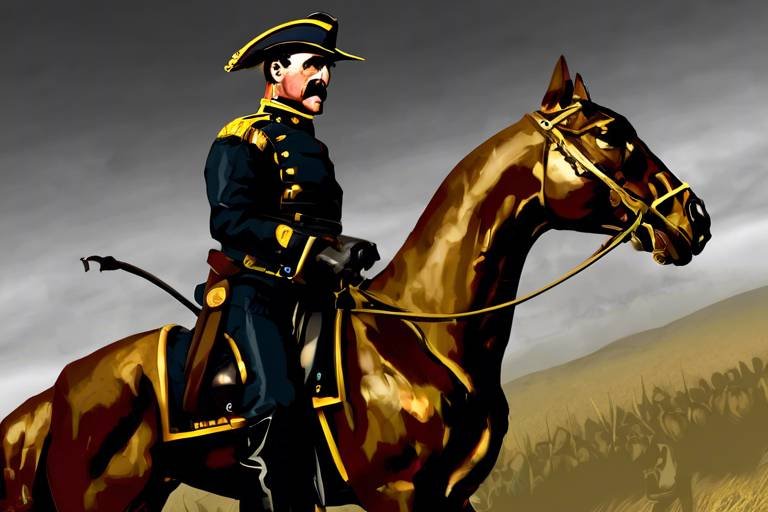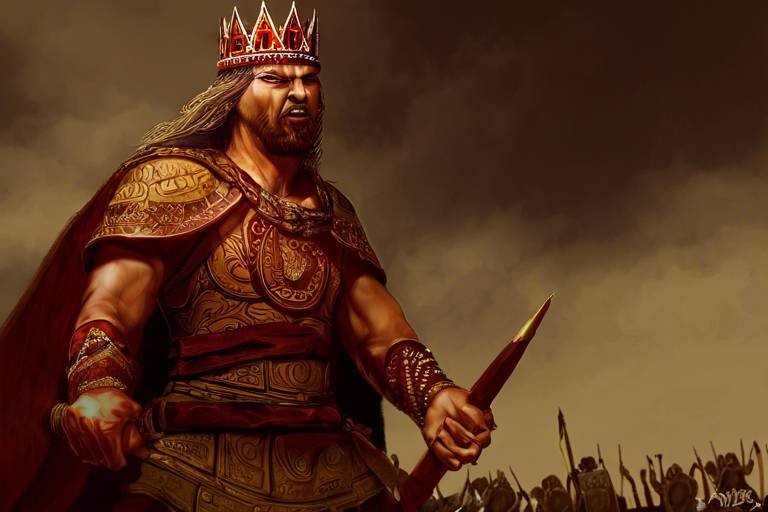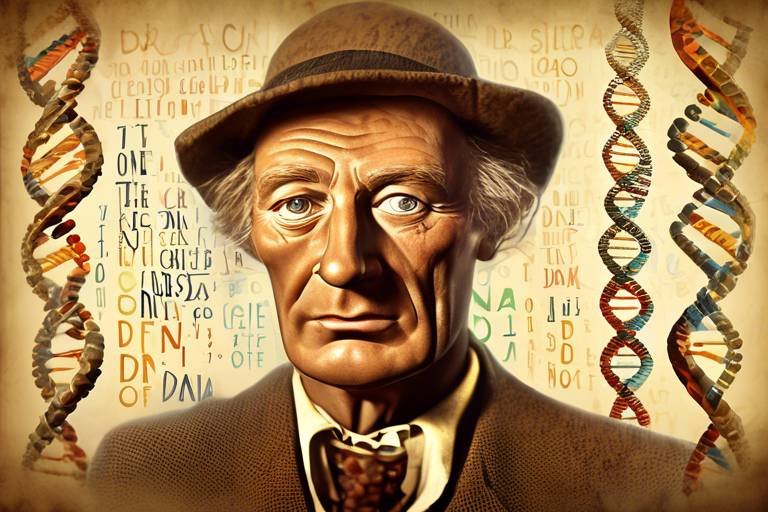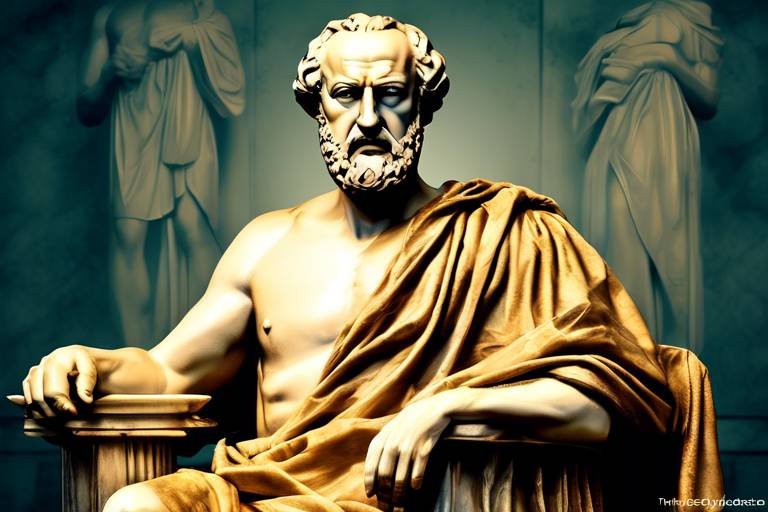Eisenhower: The Commander of Allied Forces
General Dwight D. Eisenhower, known as the Supreme Commander of the Allied Expeditionary Force, played a pivotal role in leading the Allied forces during World War II. His strategic decisions and leadership abilities shaped the course of history, particularly during critical operations such as Operation Overlord.
Eisenhower's journey to becoming the Commander of Allied Forces was marked by a remarkable military career. From his humble beginnings to rising through the ranks of the U.S. military, his dedication and expertise paved the way for his eventual command over the Allied troops.
One of Eisenhower's most renowned achievements was the planning and execution of Operation Overlord, famously known as the D-Day invasion. This historic event, which took place on June 6, 1944, marked the beginning of the liberation of Western Europe from Nazi occupation.
During the Normandy invasion and the subsequent liberation of Western Europe, Eisenhower's strategic decision-making skills were put to the test. His ability to adapt to changing circumstances and make crucial decisions on the battlefield proved instrumental in the success of the Allied forces.
Amidst the challenges of war, Eisenhower faced the Battle of the Bulge, a significant German counteroffensive in the Ardennes region. Through his strong leadership and tactical acumen, the Allies emerged victorious in the winter of 1944-45, further solidifying Eisenhower's reputation as a skilled military commander.
Following the conclusion of World War II, Eisenhower continued to make significant contributions to global peace and security. His role in shaping post-war Europe, including his presidency and efforts towards establishing organizations like NATO, showcased his commitment to maintaining stability in a rapidly changing world.
Eisenhower's instrumental role in the formation of the North Atlantic Treaty Organization (NATO) highlighted his vision for collective defense and cooperation in the face of growing Cold War tensions. His efforts laid the foundation for a unified approach to security among Western nations.
As a military leader, statesman, and president, Eisenhower's legacy continues to resonate in modern international relations. His commitment to diplomacy, peace, and strategic thinking has left a lasting impact on the global stage, shaping the way nations interact and collaborate in the pursuit of common goals.
Notable quotes and personal reflections from Eisenhower offer a glimpse into his character, values, and leadership philosophy. These insights provide a deeper understanding of the man behind the title, revealing a leader guided by principles of integrity, courage, and unwavering dedication to his mission.
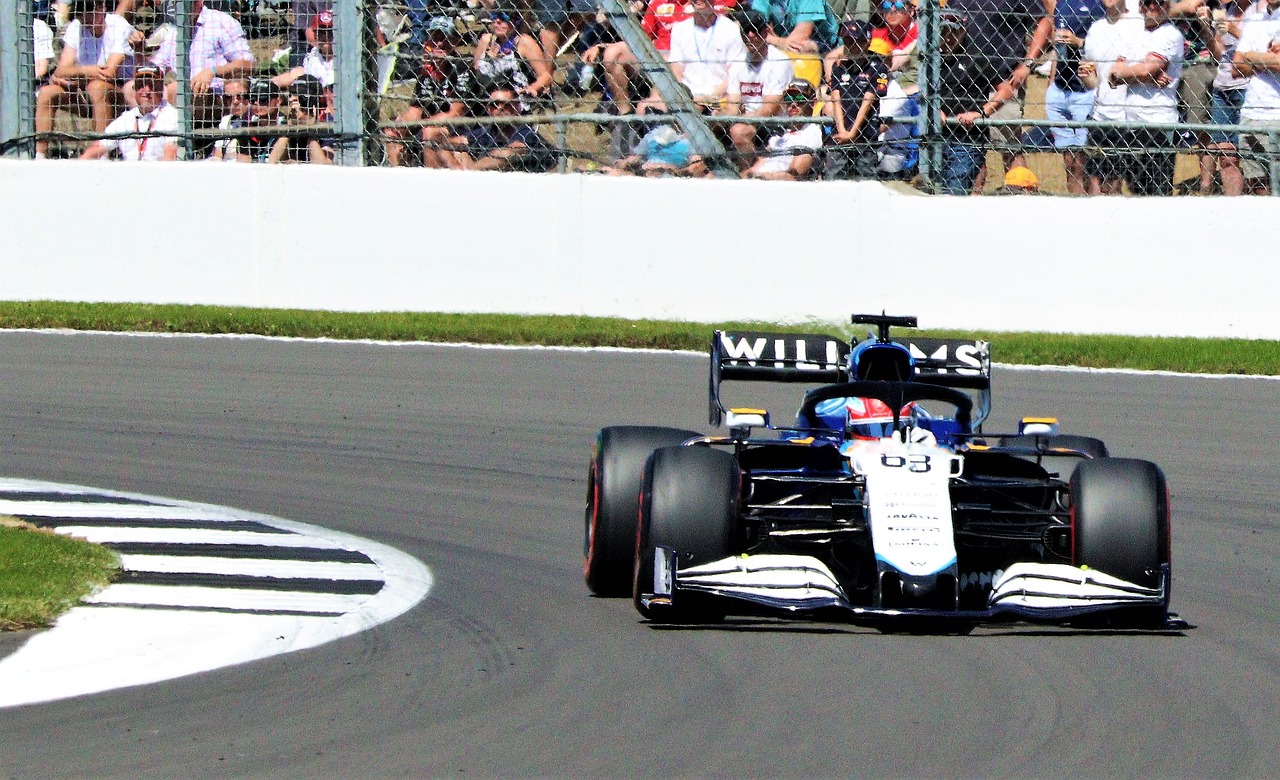
Early Life and Military Career
General Dwight D. Eisenhower, known for his exceptional leadership skills and strategic decisions, played a pivotal role as the Supreme Commander of the Allied Expeditionary Force during World War II.
Before Eisenhower assumed command of Allied forces, his early life and military career shaped his path to becoming a renowned military leader. Born in Texas in 1890, he grew up in a modest family environment. His military journey began at West Point Military Academy, where he excelled in academics and leadership qualities. Graduating in 1915, Eisenhower's career saw steady progress through various military ranks, showcasing his dedication and expertise.
Upon entering World War II, Eisenhower's experience and strategic acumen positioned him for the monumental task of leading the Allied forces in Europe. His prior assignments and roles within the U.S. military provided a strong foundation for the challenges that lay ahead.
During his military career, Eisenhower honed his skills in planning and executing complex operations, setting the stage for his remarkable leadership during World War II. His ability to adapt to changing circumstances and inspire confidence in his troops distinguished him as a capable commander.
Moreover, Eisenhower's diplomatic approach and collaborative nature contributed to his success in building alliances and fostering unity among the Allied nations. These qualities, developed over years of service, played a crucial role in shaping his leadership style during the war.
Overall, Eisenhower's early life and military career laid the groundwork for his eventual command of Allied forces, showcasing his resilience, strategic thinking, and commitment to serving his country.

Operation Overlord: D-Day Invasion
Operation Overlord, commonly known as the D-Day Invasion, stands as one of the most monumental military operations in history. On June 6, 1944, under the command of General Dwight D. Eisenhower, Allied forces launched a massive assault on the beaches of Normandy, France. The meticulous planning and coordination involved in this operation were unprecedented, involving thousands of troops, aircraft, and naval vessels.
Eisenhower's strategic genius was evident in the careful orchestration of the invasion, considering factors such as weather conditions, tide timings, and the element of surprise. The decision to launch the operation on that specific day, despite adverse weather forecasts, showcased Eisenhower's bold leadership and unwavering commitment to the mission's success.
The D-Day Invasion marked a turning point in World War II, as Allied forces successfully established a foothold in Nazi-occupied Europe. The courage and sacrifice of the soldiers who stormed the beaches that day, facing heavy resistance from German forces, epitomized the Allied determination to secure victory.
Through Eisenhower's guidance and strategic vision, Operation Overlord achieved its objectives, paving the way for the liberation of Western Europe from the grip of tyranny. The success of the D-Day Invasion under Eisenhower's command solidified his reputation as a brilliant military leader and set the stage for the eventual defeat of the Axis powers.
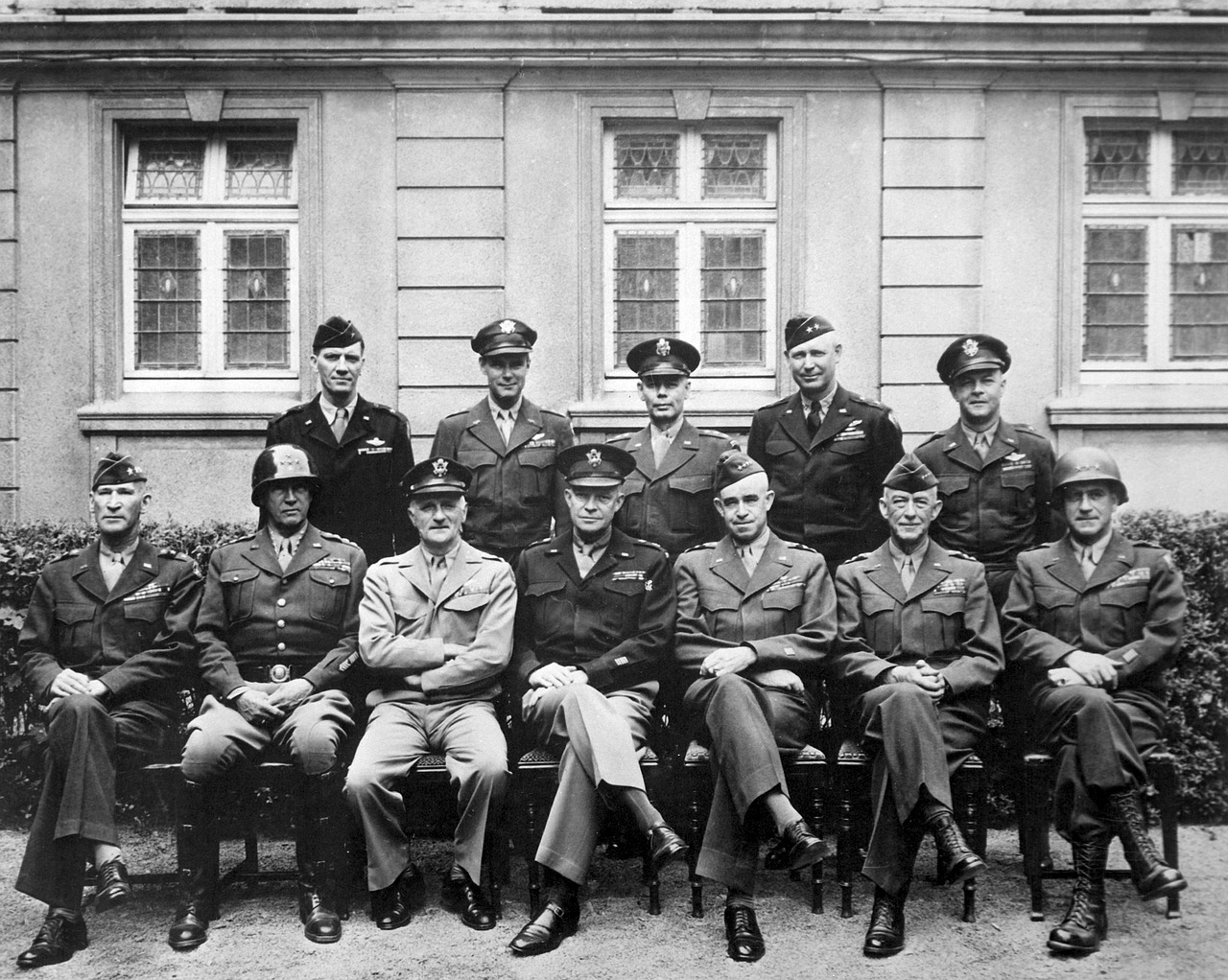
Strategic Decision-Making
During the critical phase of World War II, General Dwight D. Eisenhower demonstrated exceptional skills that played a pivotal role in the success of the Allied forces. One of his most significant decisions was the meticulous planning and execution of the Normandy invasion, also known as D-Day, on June 6, 1944. Eisenhower's ability to coordinate the largest seaborne invasion in history showcased his adeptness in managing complex military operations.
Moreover, Eisenhower's strategic foresight was evident in his emphasis on logistics and supply chain management during the Normandy campaign. By prioritizing the efficient movement of troops, equipment, and resources, he ensured that the Allied forces maintained a competitive edge over the Axis powers. This logistical acumen enabled Eisenhower to outmaneuver the enemy and secure key objectives in a timely manner.
Furthermore, Eisenhower's flexibility and adaptability in response to changing battlefield conditions were instrumental in the success of Allied operations. His willingness to adjust tactics and strategies based on real-time intelligence allowed the Allied forces to gain crucial advantages over their adversaries. Eisenhower's ability to think on his feet and make quick decisions under pressure set him apart as a formidable military leader.
Another aspect of Eisenhower's strategic decision-making was his focus on unity and collaboration among the Allied nations. By fostering cooperation and coordination among diverse military forces, Eisenhower created a cohesive front that presented a formidable challenge to the Axis powers. His diplomatic skills and ability to navigate complex international relationships were essential in maintaining the unity of the Allied coalition.
In essence, Eisenhower's strategic decision-making during World War II exemplified his leadership prowess and ability to navigate challenging circumstances with poise and determination. His legacy as a masterful strategist continues to inspire military leaders and historians alike, underscoring the enduring impact of his decisions on the course of history.
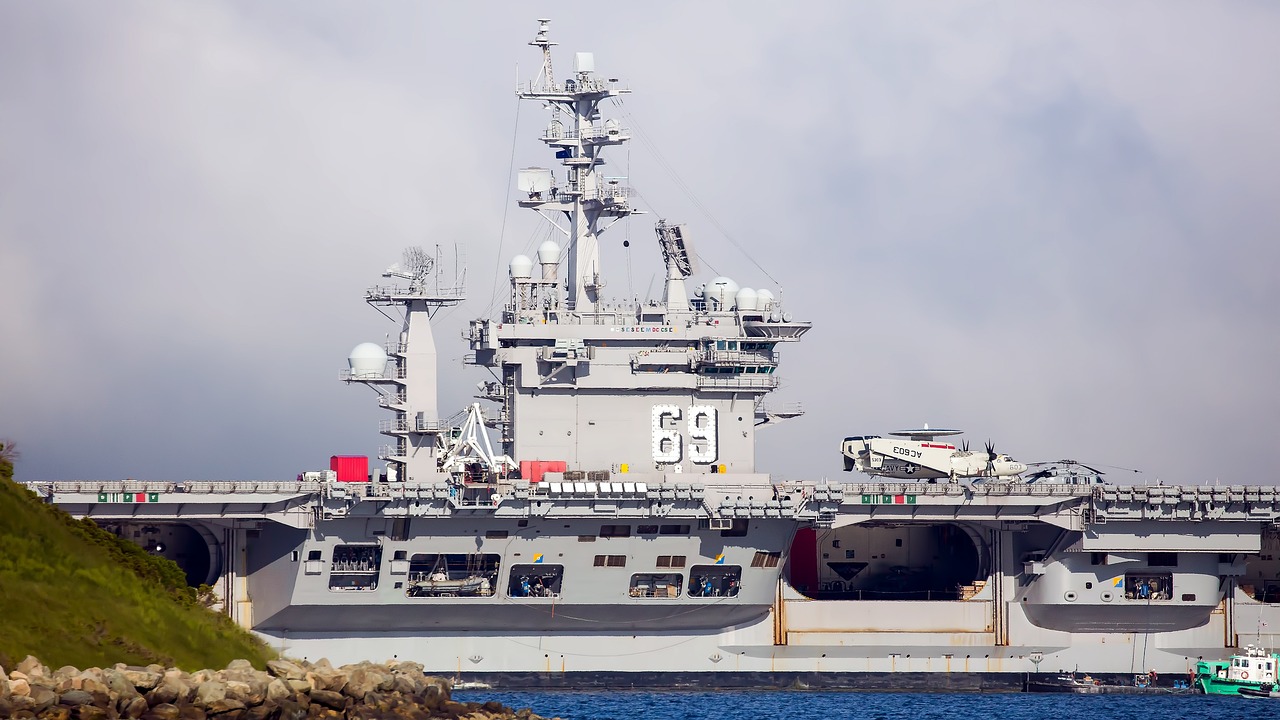
The Battle of the Bulge
In the tumultuous winter of 1944-45, General Dwight D. Eisenhower faced one of the most challenging moments of World War II - the Battle of the Bulge. This fierce German counteroffensive in the Ardennes region caught the Allies off guard, leading to intense fighting and strategic maneuvering in harsh winter conditions. Eisenhower's leadership during this critical juncture was tested as he coordinated the Allied response to the surprise attack.
The Battle of the Bulge, also known as the Ardennes Counteroffensive, marked a pivotal moment in the war as the German forces launched a desperate attempt to break through the Allied lines. Eisenhower's ability to adapt to the rapidly changing situation and make tough decisions under pressure played a crucial role in turning the tide of the battle in favor of the Allies.
Despite initial setbacks and the strain on Allied forces, Eisenhower's strategic vision and command structure proved resilient. Through effective communication and swift mobilization of troops, he managed to contain the German advance and eventually push them back, securing a significant victory for the Allies.
Eisenhower's leadership during the Battle of the Bulge showcased his ability to navigate complex military operations and maintain morale among Allied troops in the face of adversity. His decisive actions and unwavering determination were instrumental in achieving success in a critical moment of the war.
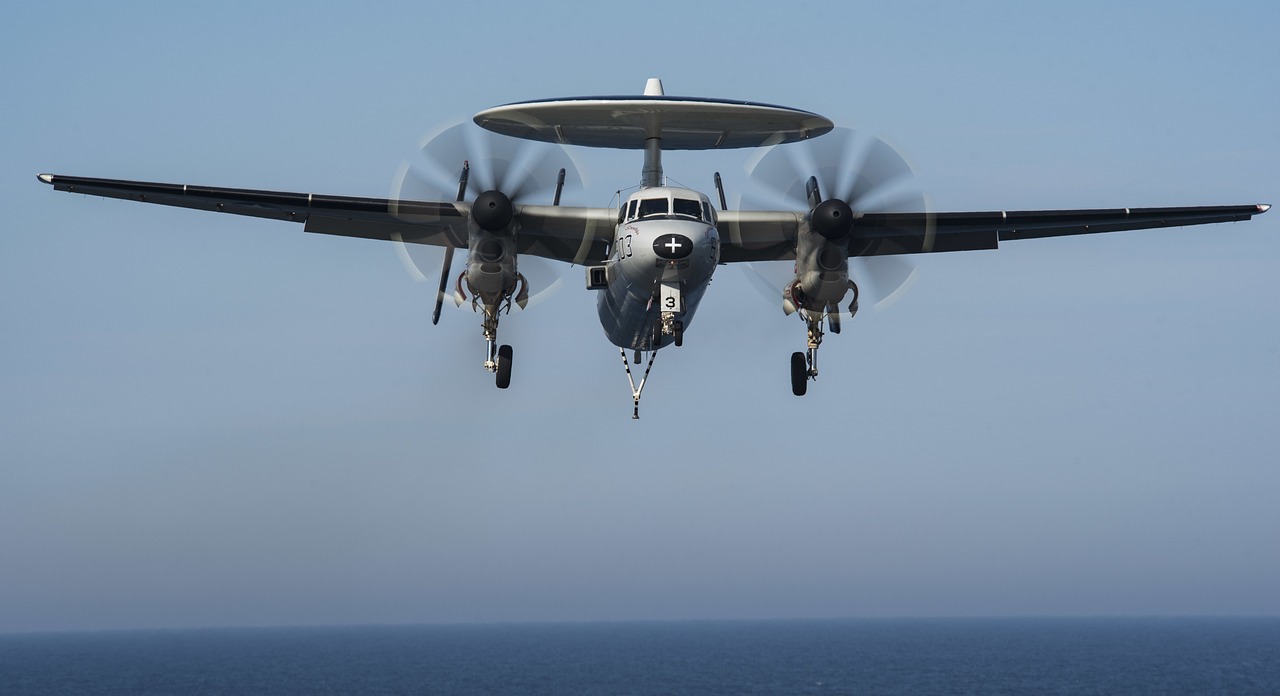
Post-War Contributions
After the conclusion of World War II, General Dwight D. Eisenhower's contributions extended beyond the battlefield, shaping the post-war landscape and influencing global affairs. His leadership and strategic vision played a pivotal role in rebuilding Europe and establishing a foundation for peace and security in the aftermath of the conflict.
One of Eisenhower's significant post-war contributions was his presidency of the United States from 1953 to 1961. Transitioning from a military commander to a political leader, Eisenhower focused on economic prosperity, infrastructure development, and maintaining a balance of power during the Cold War era. His administration's policies and initiatives left a lasting impact on the country's trajectory and international relations.
Moreover, Eisenhower's efforts towards fostering international cooperation and security led to the establishment of the North Atlantic Treaty Organization (NATO) in 1949. As a founding member and advocate of NATO, Eisenhower played a crucial role in forging alliances among Western nations to deter aggression and promote collective defense. The formation of NATO under his guidance significantly shaped the geopolitical landscape of the post-war world.
Furthermore, Eisenhower's commitment to global peace and stability extended beyond military alliances. He championed diplomacy, negotiation, and dialogue as essential tools in resolving conflicts and preventing future wars. His advocacy for peaceful coexistence and mutual understanding set a precedent for diplomatic engagement and conflict resolution in the international arena.
In addition to his political and diplomatic contributions, Eisenhower's post-war legacy includes his emphasis on the importance of leadership, integrity, and service to others. Through his speeches and writings, he shared valuable insights on effective leadership, ethical decision-making, and the responsibilities of individuals in positions of authority. Eisenhower's words continue to inspire leaders across various fields and serve as a guiding light in times of uncertainty and challenge.
In conclusion, General Eisenhower's post-war contributions transcend his military achievements, reflecting a legacy of statesmanship, diplomacy, and leadership that continues to resonate in the present day. His enduring influence on global affairs, combined with his commitment to peace and cooperation, solidifies his place as a key figure in shaping the world order after World War II.

NATO Formation
When it comes to discussing the formation of NATO, one cannot overlook the pivotal role played by General Dwight D. Eisenhower. As the Supreme Commander of the Allied Expeditionary Force during World War II, Eisenhower's strategic acumen and leadership skills were instrumental in shaping the post-war geopolitical landscape. Following the end of the war, the world was faced with the looming threat of the Soviet Union and the need for a collective security alliance to ensure peace and stability in Europe.
Recognizing the importance of a unified defense strategy, Eisenhower championed the establishment of the North Atlantic Treaty Organization (NATO) in 1949. NATO was formed as a collective defense alliance among North American and European countries, with the primary objective of mutual defense against any external aggression. The treaty embodied the principle of collective security, whereby an attack on one member would be considered an attack on all, fostering a sense of solidarity and deterrence against potential adversaries.
Under Eisenhower's guidance, NATO provided a framework for military cooperation, intelligence sharing, and joint defense planning among member states. The alliance served as a bulwark against Soviet expansionism and played a crucial role in maintaining peace and stability in Europe during the early years of the Cold War. By forging strong ties between Western democracies, NATO not only safeguarded the security of its members but also promoted democratic values and principles in the face of communist threats.
Moreover, Eisenhower's leadership in the formation of NATO laid the foundation for a transatlantic partnership that endures to this day. The alliance has evolved over the years, adapting to new security challenges and expanding its membership to include former Eastern Bloc countries. NATO's commitment to collective defense remains unwavering, symbolizing the enduring legacy of Eisenhower's vision for a united and secure Europe.
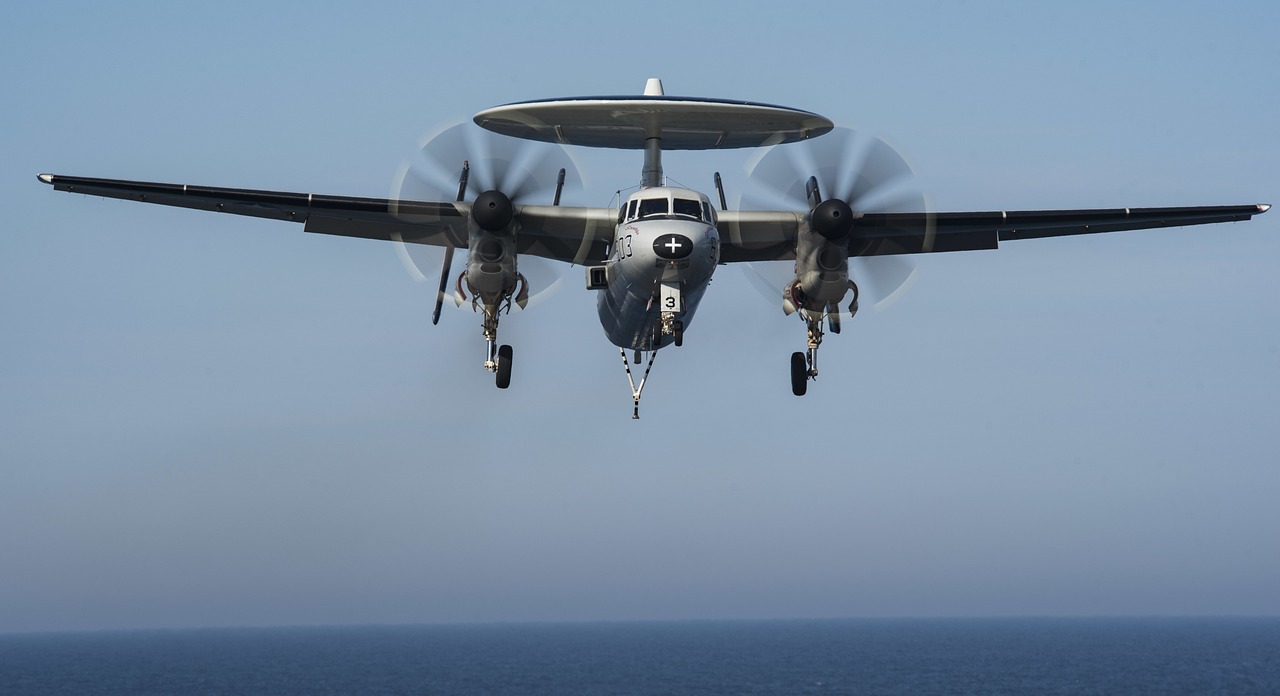
Legacy and Historical Impact
General Dwight D. Eisenhower's legacy as a military leader, statesman, and president remains deeply ingrained in the annals of history, shaping modern international relations and global security paradigms. His strategic acumen and leadership prowess during World War II not only secured victory for the Allied forces but also laid the foundation for a new era of post-war diplomacy and cooperation.
One of Eisenhower's most enduring legacies is his pivotal role in the formation of the North Atlantic Treaty Organization (NATO), a collective defense alliance aimed at safeguarding the freedom and security of member nations. By establishing NATO in 1949, Eisenhower cemented the transatlantic partnership and heralded a new era of collective security in the face of Soviet expansionism during the Cold War.
Furthermore, Eisenhower's presidency from 1953 to 1961 marked a period of stability and progress in American politics, characterized by his commitment to fiscal responsibility, infrastructure development, and promoting civil rights. His leadership style, often described as pragmatic and inclusive, resonated with the American public and earned him widespread respect both at home and abroad.
In terms of historical impact, Eisenhower's emphasis on diplomacy and negotiation over military confrontation set a precedent for conflict resolution and international cooperation in the post-war era. His approach to handling delicate geopolitical situations with a blend of firmness and diplomacy became a hallmark of American foreign policy for decades to come.
Moreover, Eisenhower's famous farewell address in 1961, where he warned against the growing influence of the "military-industrial complex," remains a poignant reminder of the challenges posed by unchecked military spending and the need for vigilant oversight in national security matters. His foresight and cautionary words continue to resonate in contemporary debates on defense policy and government accountability.
In conclusion, General Eisenhower's legacy as a visionary leader, skilled diplomat, and dedicated public servant endures as a testament to his enduring impact on global affairs and the enduring relevance of his principles in an ever-changing world.
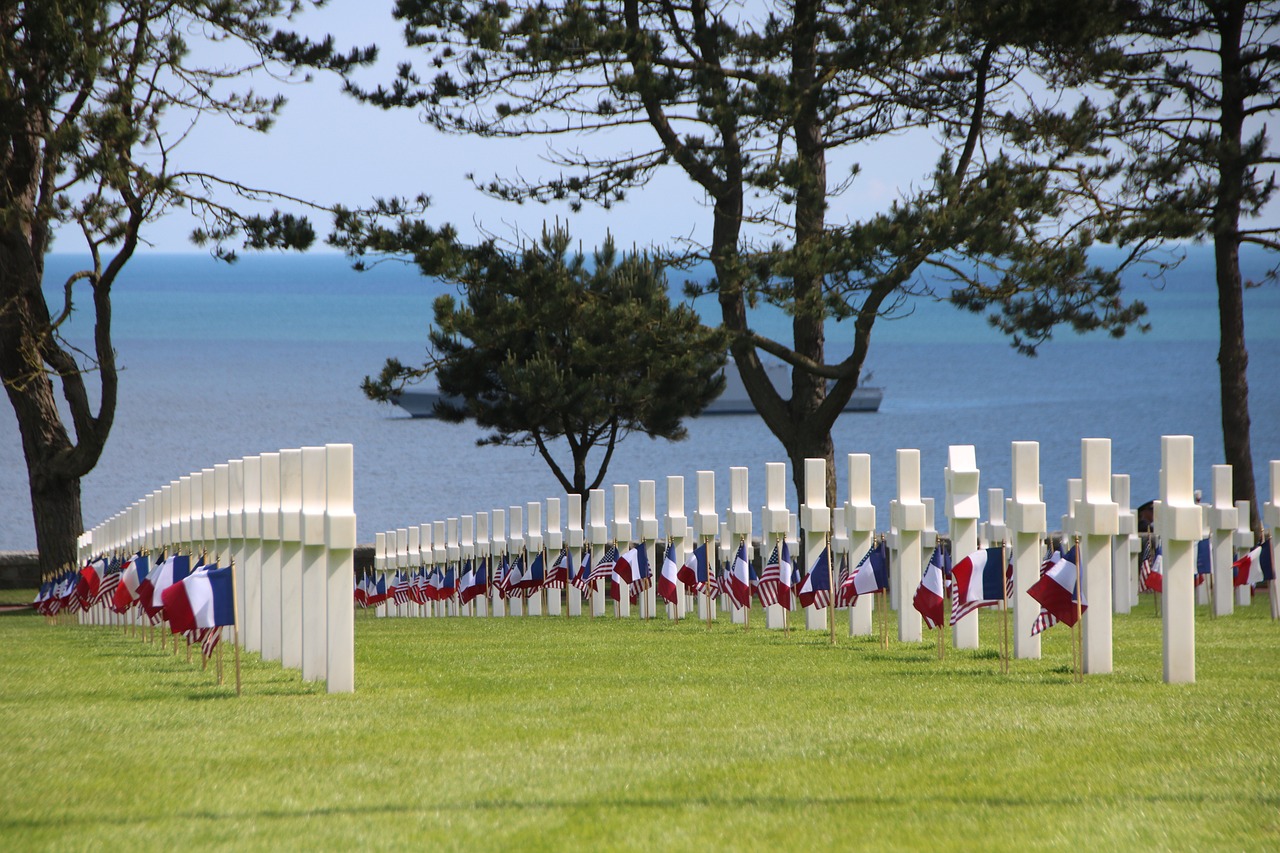
Personal Reflections and Quotes
General Dwight D. Eisenhower, known for his exceptional leadership as the Supreme Commander of the Allied Expeditionary Force during World War II, played a pivotal role in shaping the course of history through his strategic decisions and military prowess.
Before assuming command of Allied forces, Eisenhower's journey began with a humble upbringing and a strong educational foundation. His dedication and hard work propelled him through the ranks of the U.S. military, showcasing his innate leadership qualities.
On June 6, 1944, Eisenhower orchestrated the monumental Operation Overlord, leading the Allied forces in the largest seaborne invasion in history. The meticulous planning and execution of D-Day marked a turning point in World War II, ultimately leading to the liberation of Western Europe.
Eisenhower's strategic acumen during the Normandy invasion was evident in his decisive actions and innovative tactics. His ability to adapt to changing circumstances and make tough decisions played a crucial role in the success of the Allied forces.
During the challenging Battle of the Bulge, Eisenhower's leadership shone brightly as he effectively managed the German counteroffensive in the Ardennes region. His steadfast resolve and strategic brilliance paved the way for the Allies' eventual victory in the harsh winter of 1944-45.
Following the end of World War II, Eisenhower continued to make significant contributions to global peace and security. His presidency and efforts in shaping post-war Europe solidified his reputation as a visionary leader committed to fostering international cooperation.
Eisenhower's instrumental role in establishing the North Atlantic Treaty Organization (NATO) marked a crucial step towards ensuring collective defense and security in the face of Cold War tensions. His commitment to unity and collaboration laid the foundation for lasting geopolitical stability.
Eisenhower's legacy as a military leader, statesman, and president endures to this day, serving as a beacon of inspiration for future generations. His strategic foresight and dedication to diplomacy continue to shape modern international relations, leaving an indelible mark on history.
Delving into Eisenhower's personal reflections and quotes offers a glimpse into the mindset of a remarkable leader. His words resonate with wisdom and insight, reflecting his values, character, and leadership philosophy. One of his notable quotes encapsulates his approach to leadership: "Leadership is the art of getting someone else to do something you want done because he wants to do it."
Frequently Asked Questions
- What was Eisenhower's role in World War II?
Eisenhower served as the Supreme Commander of the Allied Expeditionary Force during World War II, overseeing key operations such as the D-Day invasion and the liberation of Western Europe.
- How did Eisenhower's strategic decisions impact the outcome of the war?
Eisenhower's strategic decisions, including the successful planning and execution of Operation Overlord and the management of the Battle of the Bulge, played a crucial role in the Allied victory in Europe.
- What was Eisenhower's contribution to post-war Europe?
After the war, Eisenhower played a significant role in shaping post-war Europe, particularly through his efforts in establishing NATO and promoting global peace and security.
- What is Eisenhower's legacy as a military leader and statesman?
Eisenhower is remembered for his leadership during World War II, his presidency, and his lasting impact on international relations, earning him a reputation as a respected military leader and statesman.





